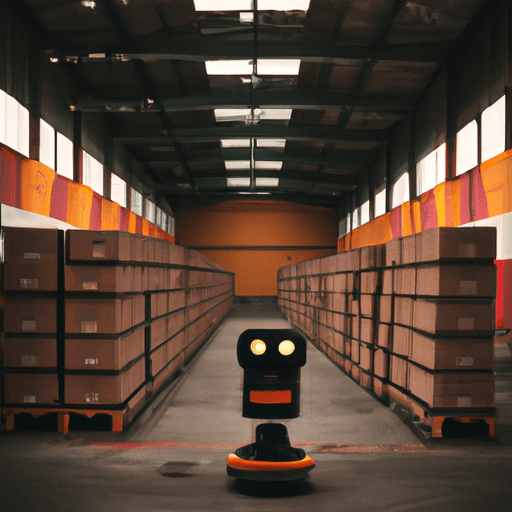348
Newsletter
Subscribe to our newsletter for exclusive content, latest news and trends, and exciting new features.
Categories
Literature and writingEnvironment and sustainabilityScience and natureLifestyleGaming and esportsTravel and tourism
Education and learningHome and gardenTechnologyBeauty and personal careHealth and wellnessMusic and EntertainmentPets and animalsBusiness and entrepreneurshipEntertainmentArts and cultureSports and fitnessFood and cooking




















Comments
Leave a Comment